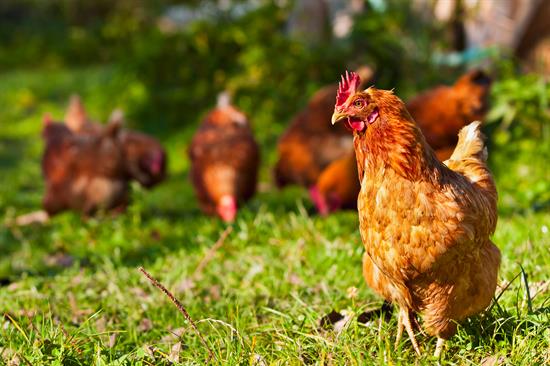Press Releases
Pingree, Massie Lead Bipartisan Push to Empower Local Farmers, Meet Consumer DemandThe PRIME Act would give individual states freedom to permit intrastate distribution of custom-slaughtered meat such as beef, pork, or lamb to consumers, restaurants, hotels, boarding houses, and grocery stores
Washington,
April 26, 2023
Tags:
Food and Agriculture
Today, U.S. Representatives Chellie Pingree (D-Maine) and Thomas Massie (R-Ky.) reintroduced the Processing Revival and Intrastate Meat Exemption (PRIME) Act to make it easier for small farms and ranches to serve consumers. The PRIME Act (H.R. 2814) would give individual states freedom to permit intrastate distribution of custom-slaughtered meat such as beef, pork, or lamb to consumers, restaurants, hotels, boarding houses, and grocery stores. “More and more, consumers want to know where their food is coming from, especially after the pandemic exposed break downs in our supply chains," said Pingree. "A farmer in Maine shouldn’t have to drive hours to get to a USDA-inspected processing facility when other safe options are available. The bipartisan PRIME Act will make it easier for local farms to compete with big meat companies and make locally raised livestock processing more widely available. This bill will address the needs of communities in a way that supports them by allowing America’s family farms to do what they do best – feed their neighbors.” “Consumers want to know where their food comes from, what it contains, and how it’s processed. Yet, federal inspection requirements make it difficult to purchase food from trusted, local farmers,” said Massie. “It is time to open our markets to give producers the freedom to succeed and consumers the freedom to choose.” Current law exempts custom slaughter of animals from federal inspection regulations, but only if the meat is slaughtered for personal, household, guest, and employee use. This means that to sell individual cuts of locally raised meats to consumers, farmers and ranchers must first send their animals to one of a limited number of USDA-inspected slaughterhouses. These USDA-inspected slaughterhouses are sometimes hundreds of miles away from farms and ranches, adding substantial transportation costs and increasing the chances of locally raised meat co-mingling with industrially-produced meat. The PRIME Act would expand the current custom exemption and allow small farms, ranches, and slaughterhouses to thrive. Companion legislation (S. 907) has been introduced in the U.S. Senate by Senators Angus King (I-Maine), Rand Paul (R-Ky.), Mike Braun (R-Ind.), Kevin Cramer (R-N.D.), John Hoeven (R-N.D.), Mike Lee (R-Utah), and Cynthia Lummis (R-Wyo.). Pingree, a longtime farmer, is a member of the House Agriculture Committee and the House Appropriations Subcommittee on Agriculture. Massie raises cattle on his off-the-grid farm in northeast Kentucky. Pingree recently introduced the bipartisan, bicameral Local Farms and Food Act to strengthen support for local and regional food systems – helping more people access nutritious, locally grown food. In February, she reintroduced legislation, the Strengthening Local Processing Act, to support small meat and poultry processors. ### |

